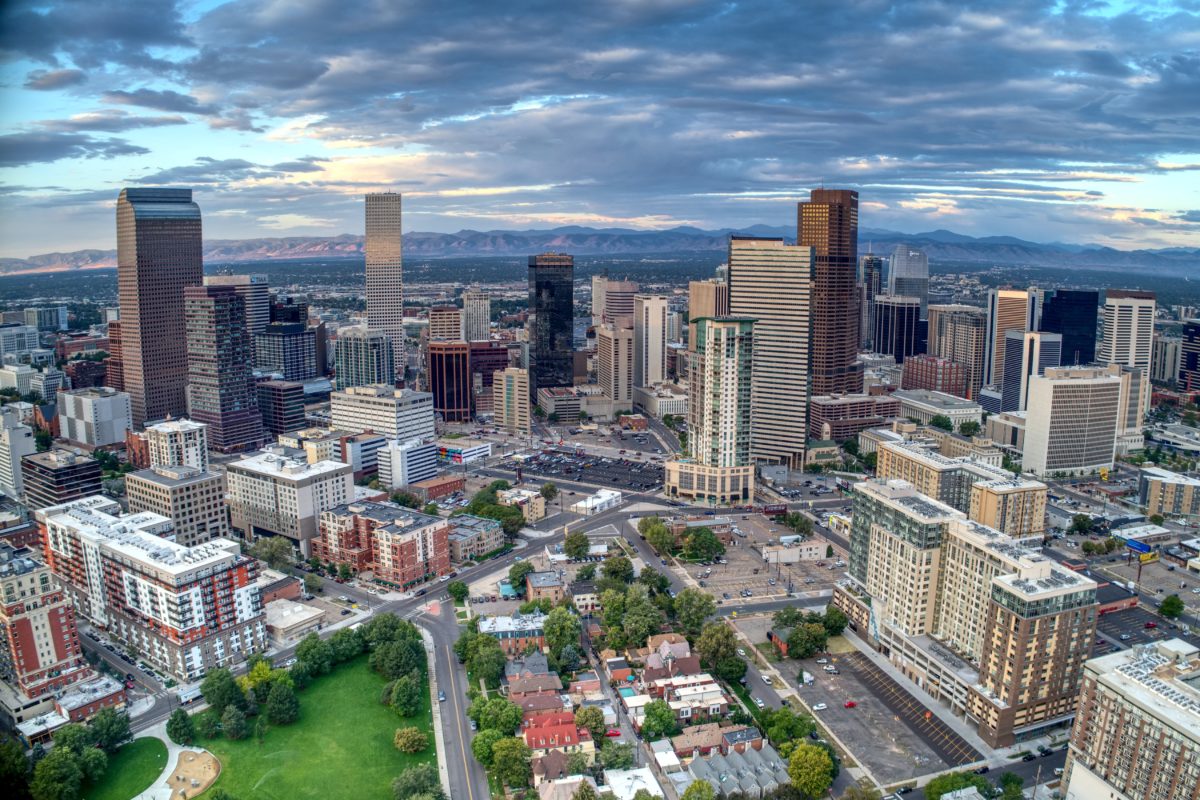Colorado is Issuing New Cannabis Licenses

For those looking to break into the market with a new Colorado cannabis license, Denver is welcoming entrepreneurs for the first time since 2016. Recently, city officials from the Department of Excise and Licenses announced the acceptance of licenses for new cannabis businesses. New applicants will still be required to follow all proximity restrictions, which require a distance of at least 1,000 feet from schools, childcare establishments, alcohol or drug treatment facilities, city-owned rec centers or city-owned outdoor pools. This initiative is one part of The Mile High City’s social equity program and will include a license to sell cannabis in Colorado only for delivery, hospitality, retail and cultivation applicants qualifying as Social Equity Applicants.
Social Equity Applicants
The idea behind set Social Equity Applicants is to address the negative effects the “war on drugs” campaign had on minority communities, as well as strive for racial balance in Denver’s cannabis industry. Social equity qualification is tied to the April 20, 2021 marijuana licensing overhaul which included a rule that, for the next six years, the only new licenses to be approved will be those from applicants who are majority-owned by qualifiers for the city’s Social Equity list. Criteria includes Colorado residency and non-ownership of a previous marijuana business which was subject to revocation, as well as one of the following:
- The applicant resided for at least 15 years between the years 1980 and 2010 in a census tract designated by the Colorado Office of Economic Development and International Trade as an Opportunity Zone or designated as a “Disproportionate Impacted Area”, or
- The applicant or applicant’s parent, legal guardian, sibling, spouse, child, or minor in their guardianship was arrested for a marijuana offense, convicted of a marijuana offense, or was subject to civil asset forfeiture related to a marijuana investigation, or
- The applicant’s household income in a year prior to application did not exceed 50 percent of the state median income as measured by the number of people who reside in the applicant’s household, or
- The Social Equity Applicant must own at least 51 percent of the business.
Denver is also allowing for “accelerators” or persons looking to partner with individuals who meet the above qualification with a minority stake in the applicant’s business.
Oversaturation and Neighborhood Exclusions
Consideration of oversaturation is part of this initiative as well, therefore, some neighborhoods are excluded from new cannabis industry license applications. This ban is not permanent, however, as this listing will be annually updated. Neighborhoods currently barred from approving new recreational and medical shops are Baker, Five Points and Valverde.
Neighborhoods currently barred from approving new cultivation/processing facilities are College View-South Platte, Lincoln Park and Montbello. Neighborhoods Elyria Swansea, Northeast Park Hill and Overland may not host new shops or new facilities due to oversaturation. “Limiting density of marijuana businesses is a successful tactic Denver has taken to help prevent youth marijuana use,” department spokesman Eric Escudero wrote in an email, citing multiple studies. “When it becomes commonplace for youth to see marijuana businesses, their perception of risk goes down and they are more likely to use marijuana.”
Exclusivity for Delivery
Further rules maintain only Social Equity Applicants may conduct marijuana deliveries until July 1, 2024, have exclusive access to most marijuana licenses until July 1, 2027, and benefit from waived application fees and reduced license fees. The fees are as listed:
- City license fee and annual renewal fee for Social Equity Licensees – $2,500.00 (waived upon initial application for a new license)
- City license fee and annual renewal fee for Social Equity Licensees providing Delivery services – $2,000.00
The Department will begin accepting applications for Hospitality licenses in November 2021.
To apply for a license to sell cannabis in Colorado, Denver is the only option as of the publication of this post. First, applicants must submit a Finding of Suitability Application to the State Marijuana Enforcement Division, which will send a copy to the city of Denver. Next, upon review, an invitation will be issued to submit a city application for a marijuana business license, or a rejection. Fee payment is due upon submission of city application, then a review occurs, a public hearing, inspections, then state approval leads to an issued license. Although the process can be extensive, the benefits far outweigh the effort: in the first quarter of 2021, the state’s cannabis sales eclipsed the half-billion dollar mark at $560 million, per Colorado’s Department of Revenue. The month of March alone saw $207 million. Since legalization in 2014, over $10.5 billion in cannabis sales have been made.
Expand your piece of the industry pie by attending CannaCon, the nation’s leading business-to-business cannabis conference. Upcoming dates include August 6-7, 2021 in Chicago, November 19-20, 2021 in Virginia Beach and January 7-8, 2022 in New York City. All things related to cannabis and CBD are covered in this education and networking event led by experts.
